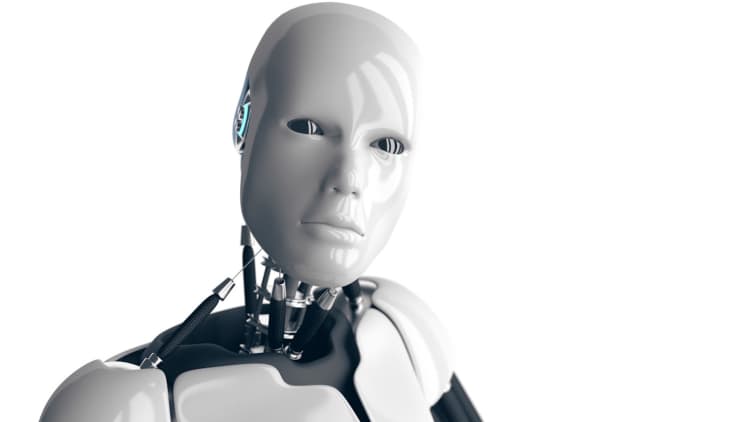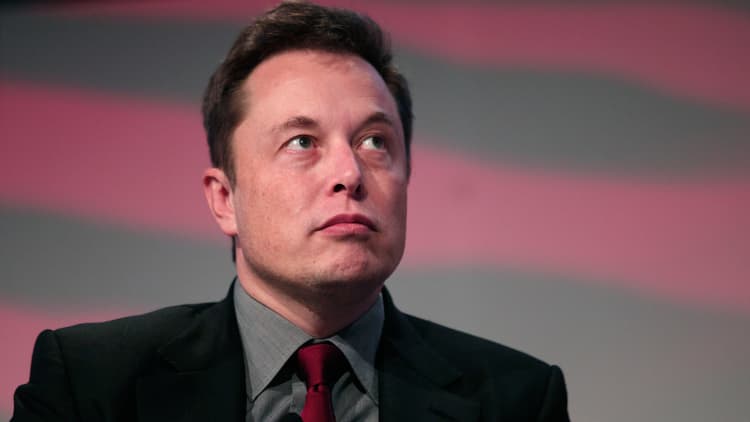Like Elon Musk and other leaders in Silicon Valley, Sam Altman, president of the start-up incubator Y Combinator, is fixated on the future and on the threat posed by the worsening wealth gap.
"The social problem that I would most like to see start-ups tackle in 2017 is the problem of equality," says Altman, in a recently released video chat originally filmed on the new platform Whale.
Currently, the eight richest people in the world have as much money as half of the world's population, or 3.6 billion people, according to recent research compiled by Oxfam.
"I think we are moving towards a more and more unequal world and we need especially education, but other social systems to change [or] to fix that," Altman says.
Automation is likely to make the wealth gap more severe as robots replace blue-collar, low-skilled workers.
"The question I find myself struggling with the most is what will happen to the economy and to jobs as automation becomes more and more of a powerful force," says Altman.
"I don't think I have a great answer here yet. I have a lot of ideas, but I think it's a really hard problem and critically important," he says.
One of the potential solutions to inequality that Altman is interested in is distributing cash payments to all residents, regardless of employment status. The idea is known as universal basic income, or UBI.
In 2016, Altman announced a pilot program to study how people act when they are given enough money to meet basic expenses, writing, "50 years from now, I think it will seem ridiculous that we used fear of not being able to eat as a way to motivate people." A longer-term study will follow, Altman has said.

The investor writes, "Although basic income seems fiscally challenging today, in a world where technology replaces existing jobs and basic income becomes necessary, technological improvements should generate an abundance of resources and the cost of living should fall dramatically."
Officials in San Francisco have expressed interest in the idea of UBI. Experts in India have too.
And eBay founder and billionaire Pierre Omidyar announced earlier this month that his foundation is investing $493,000 in a 12-year study of UBI in Kenya.
The question I find myself struggling with the most is what will happen to the economy and to jobs as automation becomes more and more of a powerful force.Sam Altmanpresident of Y Combinator
Altman and Omidyar join a growing chorus of tech elites searching for a solution to the threat of worsening wealth inequality. Elon Musk has said that UBI in the U.S. is all but inevitable.
"The idea of UBI is gaining traction as technology fundamentally changes the nature of work," says the Omidyar Network in a statement announcing the investment.
"In many poor countries — especially those in Africa — automation and globalization are creating the prospect of 'premature deindustrialization,' where cheap labor isn't drawing stable manufacturing jobs.
"This is especially worrying as that has been the primary road for countries to create better jobs and climb the income ladder in the past."



